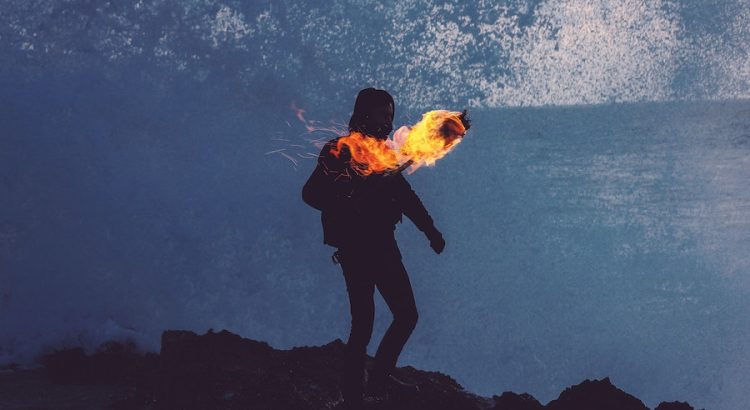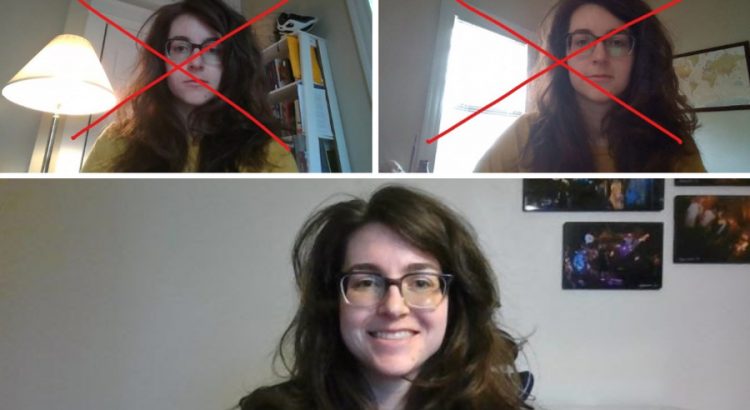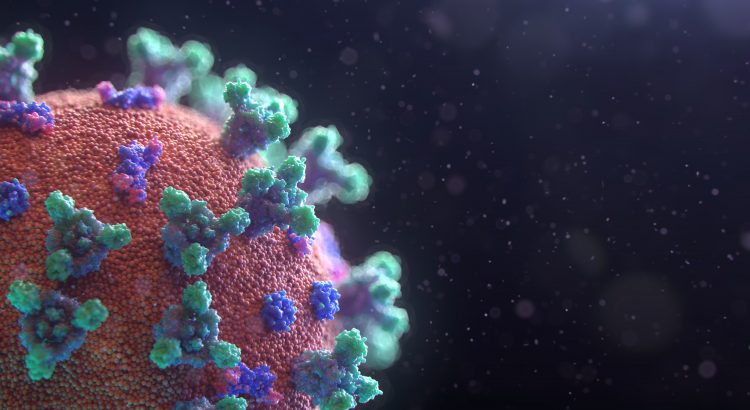Podcast: Play in new window | Download
Subscribe: Spotify | Email | TuneIn | RSS
COVID-19 is a wildfire burning its way around the planet.
Its impacts are devastating to nearly every aspect of our modern lives: loved ones lost, economies destroyed, and plans put on hold indefinitely.
But like a fire, it’s also shedding light, illuminating the hidden corners of our society and our routines that we may not have taken the time to examine before.
When this fire eventually burns itself out, should we go back to living in the dark, or are there lessons we should learn? Are there torches we can carry beyond this trial to more permanently transform our work, our values, and our lives?
Read More


